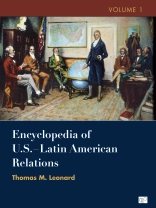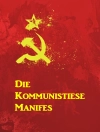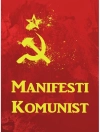No previous work has covered the web of important players, places, and events that have shaped the history of the United States’ relations with its neighbors to the south. From the Monroe Doctrine through today’s tensions with Latin America’s new leftist governments, this history is rich in case studies of diplomatic, economic, and military cooperation and contentiousness.
Encyclopedia of U.S.-Latin American Relations is a comprehensive, three-volume, A-to-Z reference featuring more than 800 entries detailing the political, economic, and military interconnections between the United States and the countries of Latin America, including Mexico and the nations in Central America, the Caribbean, and South America.
Entries cover:
- Each country and its relationship with the United States
- Key politicians, diplomats, and revolutionaries in each country
- Wars, conflicts, and other events
- Policies and treaties
- Organizations central to the political and diplomatic history of the western hemisphere
Key topics covered include:
- Coups and terrorist organizations
- U.S. military interventions in the Caribbean
- Mexican-American War
- The Cold War, communism, and dictators
- The war on drugs in Latin America
- Panama Canal
- Embargo on Cuba
- Pan-Americanism and Inter-American conferences
- The role of commodities like coffee, bananas, copper, and oil
- ‘Big Stick’ and Good Neighbor policies
- Impact of religion in U.S.-Latin American relations
- Neoliberal economic development model
- U.S. Presidents from John Quincy Adams to Barack Obama
- Latin American leaders from Simon Bolivar to Hugo Chavez
With expansive coverage of more than 200 years of important and fascinating events, this new work will serve as an important addition to the collections of academic, public, and school libraries serving students and researchers interested in U.S. history and diplomacy, Latin American studies, international relations, and current events.
विषयसूची
TOC Found in attachements












